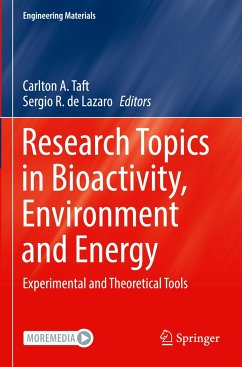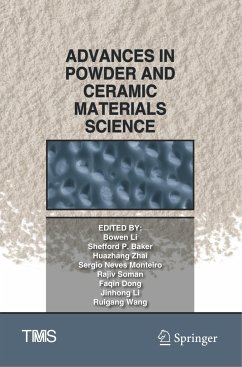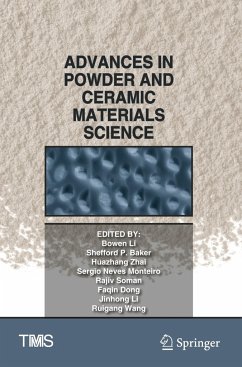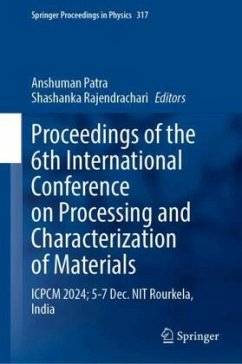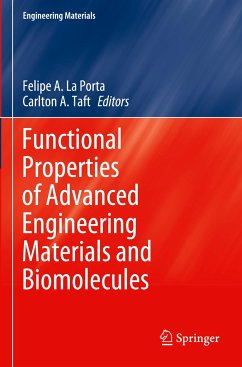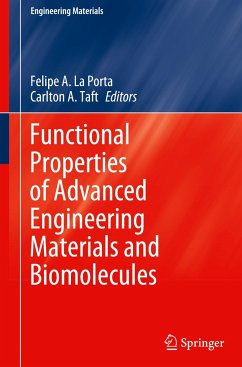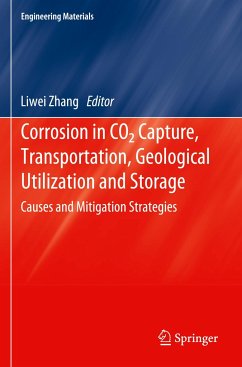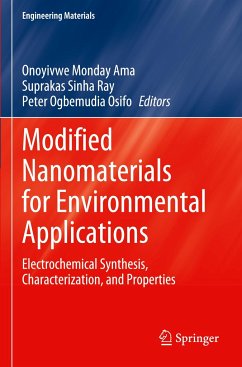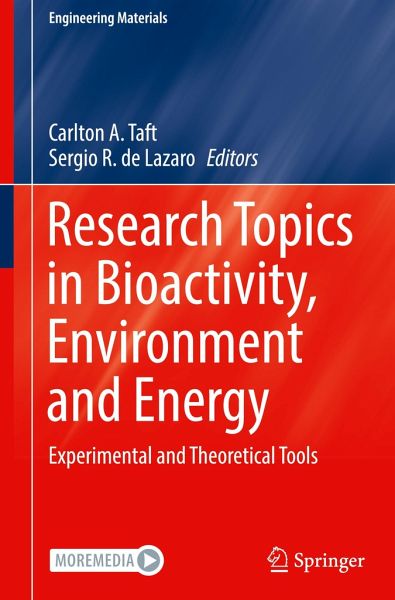
Research Topics in Bioactivity, Environment and Energy
Experimental and Theoretical Tools
Herausgegeben: Taft, Carlton A.; de Lazaro, Sergio R.

PAYBACK Punkte
76 °P sammeln!
This book covers edge-point applications in science and engineering. The chapters discuss the functional properties of advanced engineering materials and biomolecules, improving the comprehension of their chemical physical properties and potential for new technological and medicinal applications. The book presents a small number of experimental techniques and computational simulation models from basic concepts of classical/quantum mechanics, physics, chemistry, biology, statistical methods that can predict important applications and properties of these materials/biomolecules. The content shows...
This book covers edge-point applications in science and engineering. The chapters discuss the functional properties of advanced engineering materials and biomolecules, improving the comprehension of their chemical physical properties and potential for new technological and medicinal applications. The book presents a small number of experimental techniques and computational simulation models from basic concepts of classical/quantum mechanics, physics, chemistry, biology, statistical methods that can predict important applications and properties of these materials/biomolecules. The content shows how improving design of new systems helps in addressing future world problems (health, energy, food, environment, transportation, housing, clothing, etc.), i.e., almost every aspects of our daily lives.





